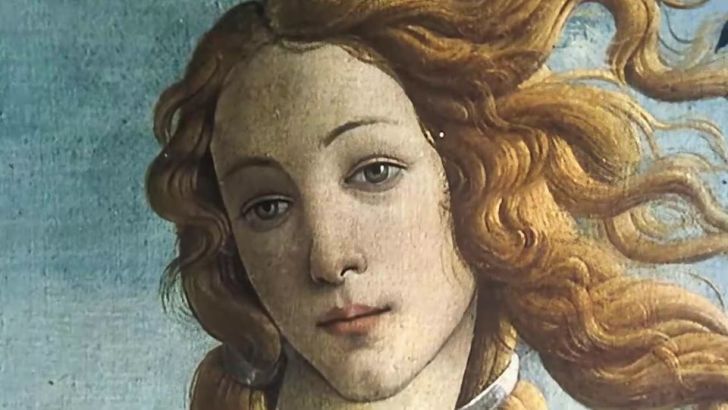Beauty is not a luxury but a necessity. It is not just an add-on to life but the very means by which we make sense of it.
This striking remark by philosopher Roger Scruton sums up his strong belief in the inherent relevance of beauty in our lives.
In a society increasingly dominated by utilitarian designs and shock-value art, Scruton's thoughts serve as a sobering reminder of beauty's critical role in providing meaning to our lives.
Scruton's ideas about beauty are profoundly founded in the philosophical tradition, notably the writings of Immanuel Kant and Edmund Burke.
Roger Scruton’s take on “Why beauty matters” :
He contends that beauty is objective rather than subjective and transcends personal preferences. Scruton builds on Kant's theory that the perception of beauty is "disinterested," arguing that our love of beauty is a means of understanding the universe as having inherent value.
One of Scruton's most contentious points is his criticism of modern and contemporary art. He argues that most modern art sacrifices beauty for shock effects or intellectual gimmicks. Scruton claims a "cult of ugliness" in modern art, in which artists intentionally make ugly or unpleasant pieces to question society's standards.
For example, Scruton contrasts Tracey Emin's famed "My Bed" exhibit to Eugène Delacroix's picture of an unmade bed, noting that while Delacroix elevated the banal into something beautiful, Emin merely displayed an untidy bed.
It's as if artists compete to be the most outlandish rather than create something that will make people's souls sing.
Scruton's judgement also applies to modern architecture, where the philosophy appears to be, "If it's useful, who cares if it's ugly?"
He contends that beauty in architecture is more than aesthetics; it is about creating settings that uplift the human soul. Buildings created just for function frequently become obsolete, yet beautiful structures remain relevant and popular for generations.
Scruton believes that beauty has an important role in moulding society and culture. Beautiful public places, he claims, generate a sense of community and belonging.
When we design attractive towns and communities, we don't simply make them seem good; we also build settings people want to care for and be a part of.
Scruton contends that beauty is inextricably linked to morality. He argued that our perception of beauty is inextricably linked to our feelings of right and evil. When we see something as beautiful, we recognise its underlying "rightness" in shape and composition.
While Scruton's theories were formulated before the full effect of the digital revolution, they are nevertheless highly relevant in our increasingly virtual world.
In the age of Instagram filters and virtual reality, what does it mean to encounter true beauty? Scruton may argue that while digital technology may provide breathtaking visual effects, it cannot recreate the profound experience of seeing beauty in the actual world.
Scruton's message is not entirely negative.
He urges us to rediscover the beauty of art, architecture, and our daily lives.
This might include prioritising aesthetic education, designing more attractive architectural surroundings, and fostering beauty in our daily lives.
Ultimately, Scruton's message about the value of beauty is more than just aesthetics; it is about what it is to be human.
"I think we are losing beauty, and there is a danger that with it we will lose the meaning of life."
In our pursuit of advancement and innovation, let us not underestimate the everlasting power of beauty to inspire, console, and provide purpose to our lives.



